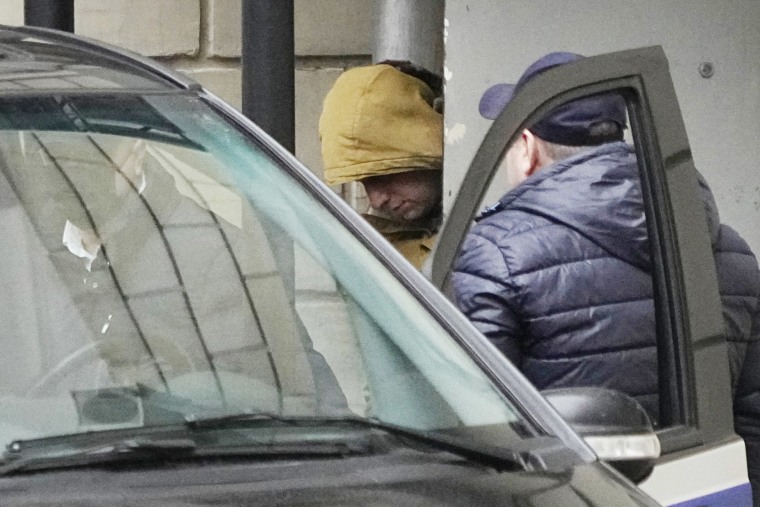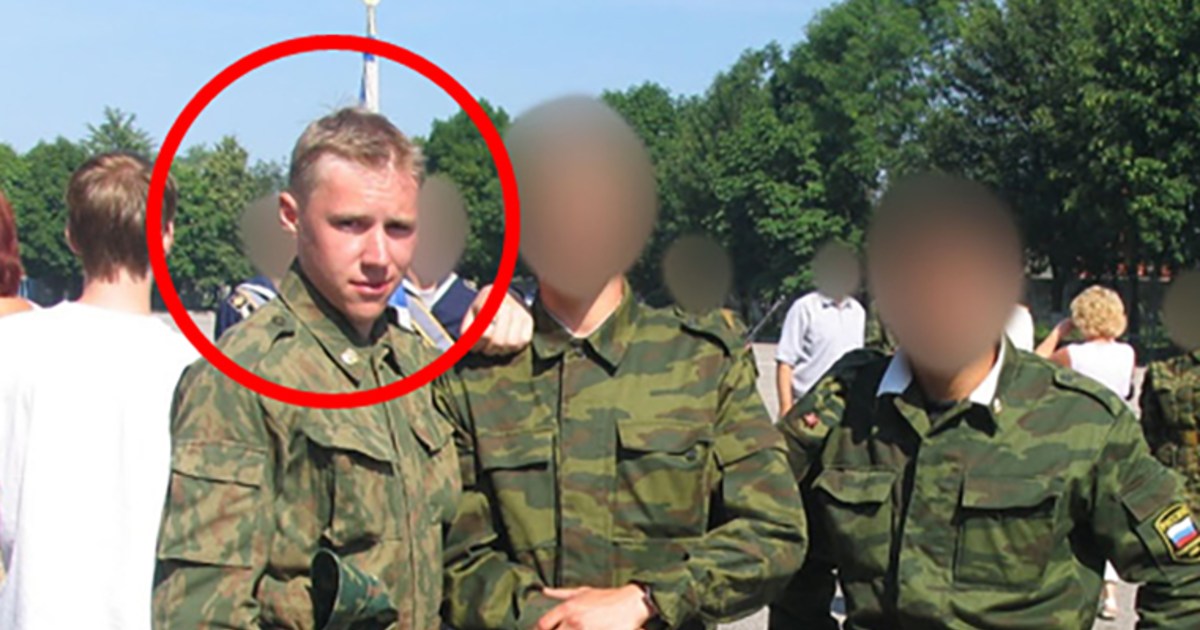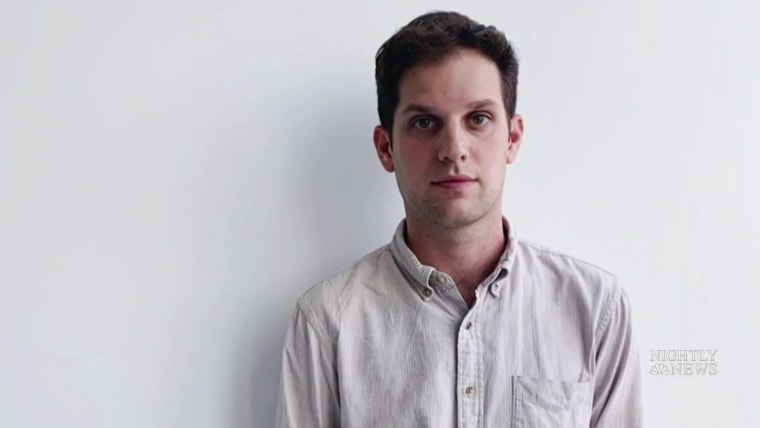Before arresting a Wall Street Journal reporter on Thursday, Russia suffered a series of embarrassing setbacks in its intelligence operations abroad, with hundreds of suspected Russian spies expelled or accused of espionage in Western countries.
Poland arrested nine Russians this month, charging them with possible conspiracy sabotage of rail routes carrying Western military aid to Ukraine. Last week, US authorities exposed an alleged Russian spy who raised as a Brazilian graduate student at the Johns Hopkins School of Advanced International Studies who prosecutors say tried to get a job at the International Criminal Court in The Hague.
Sweden, Norway The US and Germany say they have uncovered and disrupted Russian spying attempts in recent months, and officials in Greece told the media that the owner of a knitting shop in Athens was actually a suspected Russian spy.
The head of Britain’s MI6 foreign intelligence service says about half of Russian spies working under diplomatic cover in Europe were expelled within six months of the February 2022 invasion of Ukraine.
The FBI and CIA have helped allied countries arrest unusually large numbers of Russian spies since the war began, said a former top US counterintelligence official familiar with the matter. The arrests have targeted Russians operating as «illegals» under fictitious names and passports, as opposed to Russian spies sent to embassies, who enjoy legal protection.
But former intelligence officials said it was too early to say what prompted the regime of Russian President Vladimir Putin to detain US journalist Evan Gershkovich on Thursday and charge him with espionage, something his newspaper and the US government dismissed as totally baseless.

Putin could be toying with his domestic audience to reinforce the message that the West is conspiring to weaken Russia, or he could be looking for a bargaining chip to extract concessions from the West, including the possibility of securing the release of Russians accused of spy abroad
“Often it is internal political dynamics in Russia that drive these decisions. Although Putin controls things, he clearly wants to create these narratives that foreigners are causing trouble. Arresting a foreign reporter and claiming he is a spy, which we know to be untrue, feeds the narrative that the West is undermining us from within and there are enemies everywhere,» said John Sipher, a former high-ranking official. of the Russian-based CIA and is a co-founder of Spycraft Entertainment.
“A lot of things are coming together here, and it’s hard to say what this is, but it’s clearly part of the Kremlin’s arsenal of weapons. They can use it to trade for someone,” Sipher said.
Russia arrested American professional basketball player Brittney Griner last year on drug charges and sentenced her to nine years behind bars. She was freed in a trade in December for Viktor Bout, an arms dealer serving a 25-year sentence in the US.
Russian Deputy Foreign Minister Sergei Ryabkov on Thursday ruled out a quick prisoner swap involving Gershkovich.
“I would not even consider this issue now, because the people who were exchanged earlier had already served their sentences,” Ryabkov said, according to Russian news agencies.
A congressional official briefed on the matter said: “It is plausible that pressure being brought to bear by the US and its allies on Russian spy services around the world is a factor here, but it is too early to tell. We just don’t know.»
In the past, European authorities used to play down alleged spy cases in public statements. But since the invasion of Ukraine, there have been a series of high-profile arrests accompanied by public promises by top European officials to thwart Russian spy attempts.
“Russian intelligence services are under pressure and they need to show that they are doing something,” Sipher said. «When there are so many, especially illegal ones, involved, it suggests that more Russians are speaking, there are more sources for American intelligence.» (By «illegals,» Sipher means Russians sent to live in a country undercover permanently under false identities with no diplomatic cover, as opposed to spies posing as diplomats.)
Still, it’s unclear how much damage the suspected Russian spies may have inflicted before they were apprehended, including an alleged high-ranking mole within the German intelligence service accused of passing secrets to Moscow.
Careless spies?
In some cases, the details of alleged Russian spying seem amateurish, with the defendants failing to cover their tracks effectively, according to Western officials and former US intelligence officers.
When Sergey Cherkasov, the Russian national accused last week by US authorities of spying for Moscow under a Brazilian alias, learned that he had been accepted to the prestigious Johns Hopkins School of Advanced International Studies, he was elated, according to court documents.

“We won, brother. Now we are in the big league,” he told his Russian contact, according to the criminal complaint filed in federal court.
He described ambitious plans to join Washington’s political elites in messages reminiscent of «The Americans» television show.
But authorities eventually gained access to Cherkasov’s computer and electronic devices, uncovering a goldmine of emails to his Russian supervisors, records of illegal bank transfers and arrangements for where to leave secret messages, or «deadlocks,» according to documents. judicial.
Cherkasov has been charged with acting as an agent of a foreign power, visa fraud, bank fraud, wire fraud and other charges stemming from his alleged illegal activities in the United States, prosecutors said.
He is jailed in Brazil on fraud charges.



